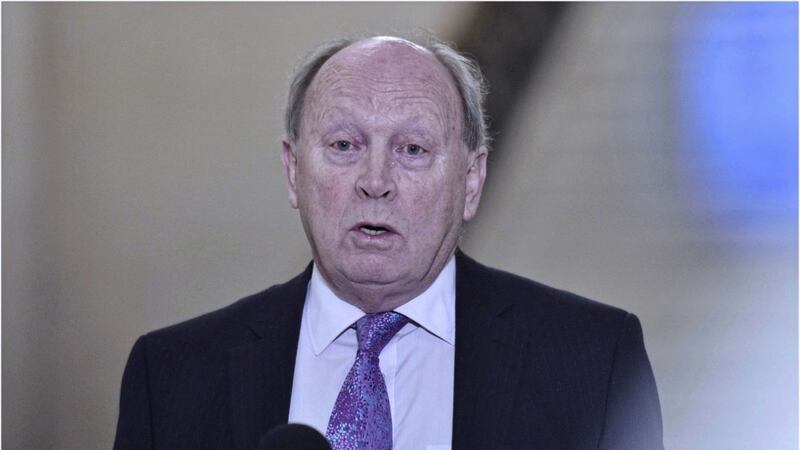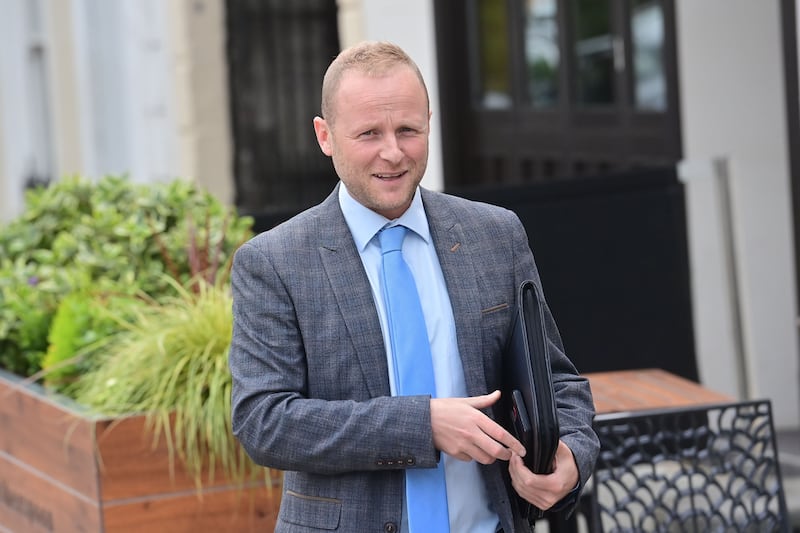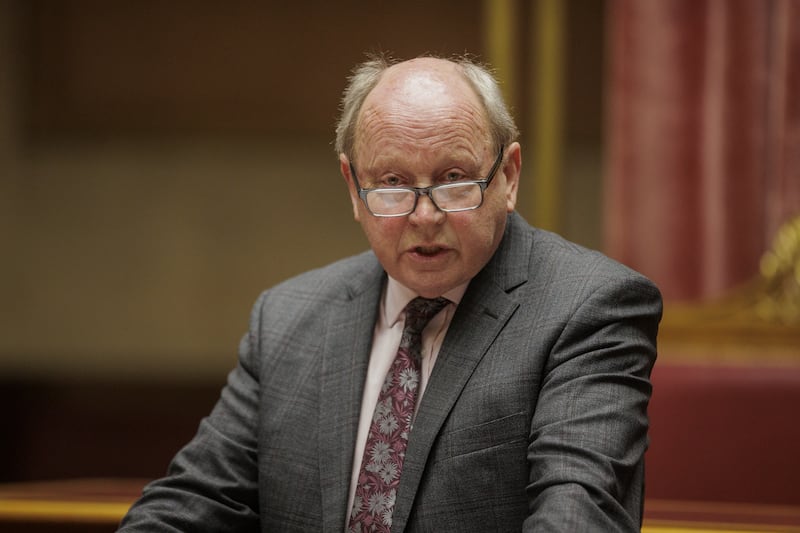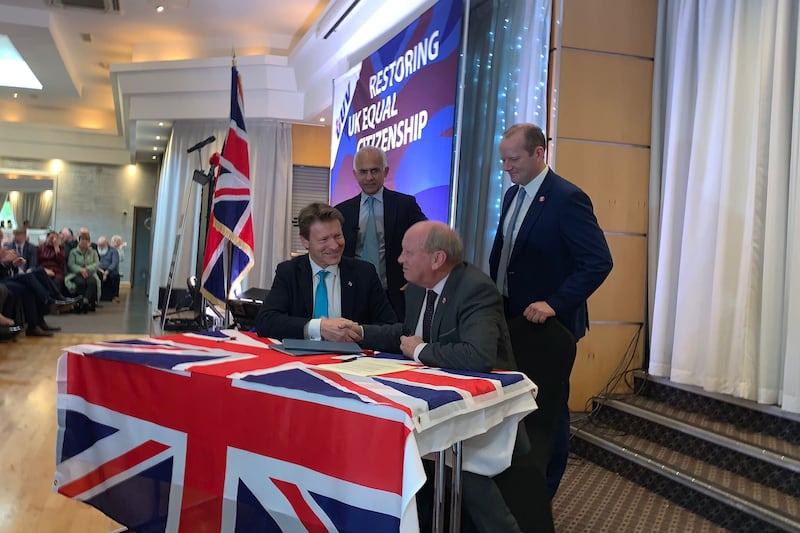IT used to be the case that many were prepared to turn something of a blind eye to the failures of devolved government.
However, after more than 20 years on from the Belfast Agreement there is a growing consensus that basic reforms are needed.
Red Sky, Nama, Research Services Ireland and 'cash for ash' are just a small sample from the litany of scandal which has dogged Stormont and driven the reputation of politics into the ground.
After three years of a public inquiry into RHI, at a cost of some £13m, we now know that things which would be taken for granted in the running of a sports club - like the taking of minutes of meetings - was not done when ministers were making decisions which had ramifications for many millions of pounds of public money.
We also know that what should have been official government correspondence was deliberately kept off grid (and therefore impossible to unearth via Freedom of Information requests) by special advisers who routinely used private email accounts. Government papers were leaked to family members.
Sir Patrick Coghlin memorably told us: "There is no guarantee that the weaknesses shown in governance, staffing and leadership revealed by the inquiry’s investigation of the Northern Ireland RHI scheme could not combine again to undermine some future initiative."
What was Stormont’s reaction to this? Once the institutions had been patched back together they promised that this would not happen again because of revised codes. Yet we know from RHI that codes are not enough. Codes were in place when RHI was developed. Did their requirement for special advisers to display integrity and respect the confidentiality of government business stop them sending material to relatives? We know the answer.
An editorial in The Irish News in January of last year questioned if codes would go far enough and when they were published the newspaper's political correspondent described them as disappointing.
Having failed in the past, there is a general recognition that codes are not enough. They lack the bite necessary to deliver the change which is so badly needed.
I am glad that, Sinn Féin apart, there has been widespread support for much of my Functioning of Government (Miscellaneous Provisions) Bill.
A major revelation from the RHI Inquiry was that some in the executive had developed a culture of not keeping minutes or a written record. One spad told Sir Patrick that in seven years working in the system he couldn’t recall a single example of minutes being taken of a meeting involving a minister.
That is why my bill contains a provision which requires meetings of ministers and special advisers to be adequately recorded within the civil service. There is also a requirement for a minister to record all lobbying. I understand that there is some concern that the legislation as drafted is too wide. I am, however, happy to address concerns on this point. It is not, and never has been, my intention to require ministers to keep a record of every time someone stops them and asks if they can assist in getting a streetlight repaired. It is, however, surely in everyone’s interests to ensure that when a minister comes under pressure to change legislation from a major company we all know about it.
Is Stormont really up for a new approach or is it still wedded to the old ways of shady backroom deals and concealment?
Do parties genuinely want greater honesty, respect and integrity in government or are those just slogans for election time?
As my private members bill nears the end of its legislative journey we won’t have to wait long to find out.







